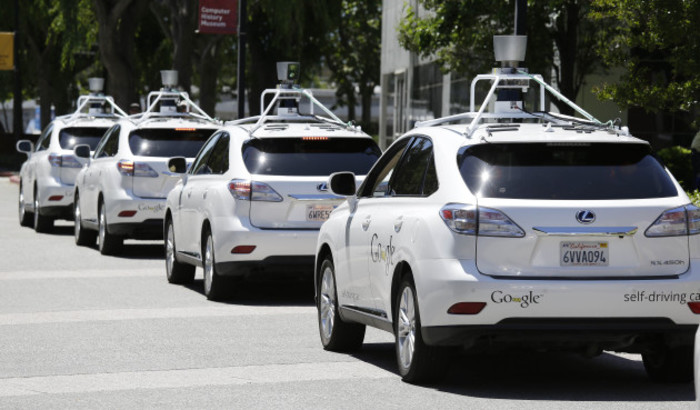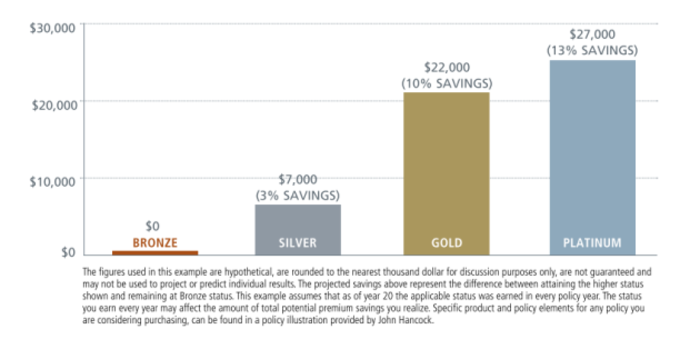Should we track people who eat too many doughnuts? Inside the murky world of tech ethics
Fjord’s Mark Curtis talks about the next big issue that will face the sector.
AS THE RATE of technological change gets faster, not many people are taking a step back to consider the repercussions new technology can have on society.
The social impact of tech was a key point in the latest annual trends report from Fjord, a consultancy firm bought by Accenture in 2013 that helps companies design new products.
Fjord founder Mark Curtis told Fora digital tech will inevitably influence societies and there is an onus on companies to develop products that will not harm the world’s social structures.
For example, companies such as Jeep Cherokee have developed cars that have hardware connected to the internet – a feature which has also opened the vehicles up to the possibility of hacking.
Curtis said companies need to take a step back and consider the ramifications of the technology they are developing.
 Fjord's Mark Curtis
Fjord's Mark Curtis
The Fyord founder has a long history of identifying trends in technology. He was the first person to bring drive-in movies to the UK in the 1980s, while he used virtual reality in the early 1990s to help market an aftershave brand.
“The next era of digital is opening up now and it’s going to create a lot of interesting moral dilemmas and ethical conflicts,” Curtis said during a visit this week to Dublin, where he was presenting the new report.
“The impact that digital has on our lives is going to get exponentially greater as we think about artificial intelligence, robots, automatic cars, let alone everything else being digitised together.”
 Google's self-driving cars in San Francisco
Google's self-driving cars in San Francisco
Next big dilemma
Curtis said the development of tailored health insurance policies would be the most contentious issue in the coming years.
Some underwriters are already providing insurance plans that are adjusted based on a person’s health records.
The American insurance firm John Hancock has created an app that customers can use to record their activities and receive a 15% discount on their premium based on how regularly they exercise.
Curtis said the whole insurance sector is about to undergo even more rapid development and possibly not for the greater good.
“If we can track everything about your body, should we then penalise people who are overweight, don’t exercise and eat too many doughnuts?
“It’s a difficult line, because you have the people who are exercising and aren’t eating too many doughnuts who might say, ‘Hell yes, I want a discount and I should get one the more I exercise’. On the other side you have people who say you are judging me and that’s not fair.
“I think insurance companies will have to think long and hard about how this works out – and healthcare companies as well. Eventually I think governments will get involved in that.”
 Rewards-based strategy for John Hancock customers
Rewards-based strategy for John Hancock customers
Dart arts of technology
Curtis said he first began to understand how tech can affect society for the worse when he worked at the dating-app service Flirtomatic in the mid-2000s.
Flirtomatic was one of the first apps to successfully implement a freemium content model after it pioneered the virtual gifts concept. Curtis said he experienced similar issues around duty-of-care to users as those Twitter has been under pressure to address recently.
“The implications of Flirtomatic became much more real when we began to take real care and talk to customers.
“You realise that 99% of customers behave really well but there is 1% who behave really badly. We had to do a lot around policing.”





